6, March 2018
Nigeria: Medecins Sans Frontieres suspends work in Rann 0
Medical charity Medecins Sans Frontieres said it had suspended work in the Nigerian town Rann and evacuated national and international staff after a deadly raid.
Suspected Boko Haram militants killed at least 11 people including three aid workers in an attack on a military barracks in north-eastern Borno state on Thursday, according to two security reports.
“Following a violent attack in Rann, Borno state, on Thursday March 1, Médecins Sans Frontières (MSF) suspended medical activities in the town and evacuated 22 national and international staff,” MSF said in a statement.
“It is unclear how many people were killed and injured but before leaving, MSF medical staff treated nine wounded patients,” it added.
Source: Reuters
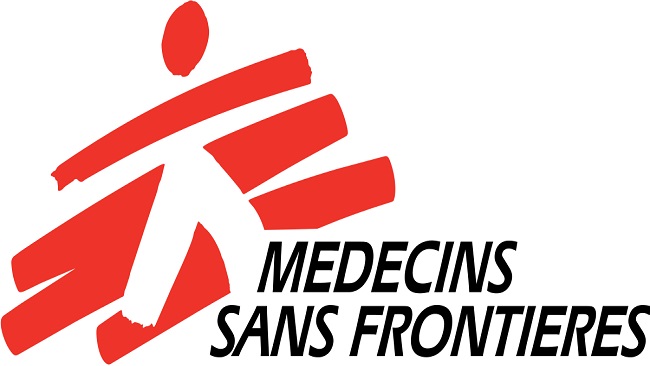
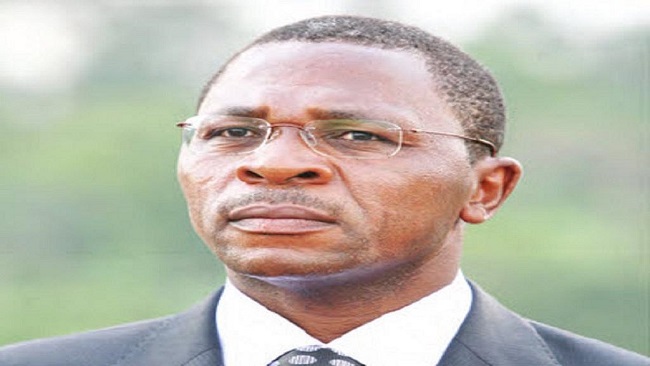

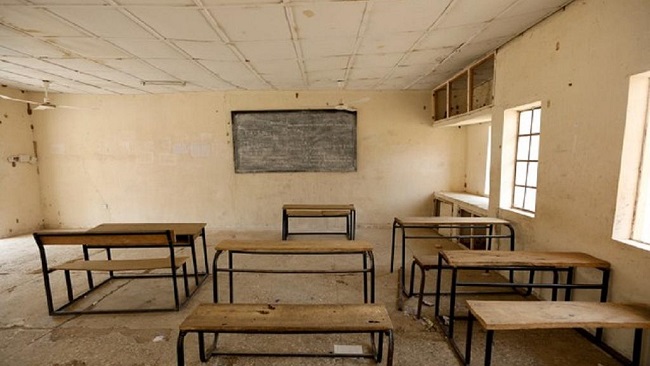
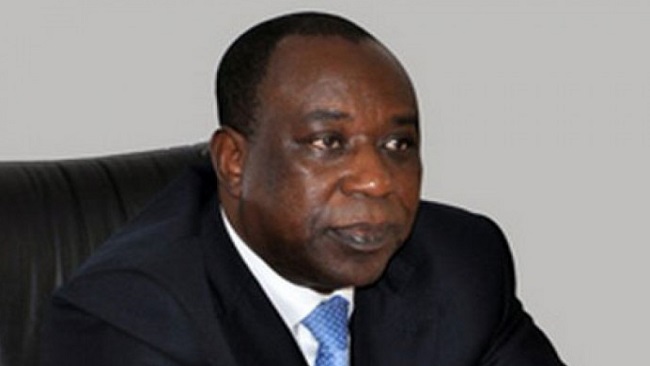




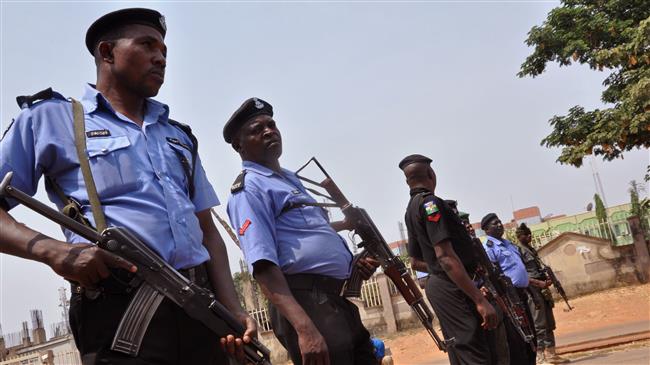
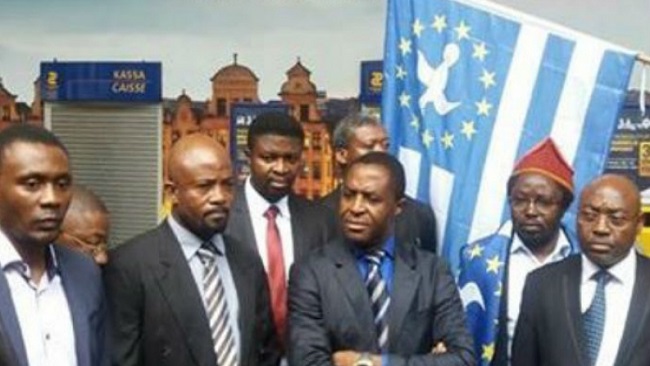
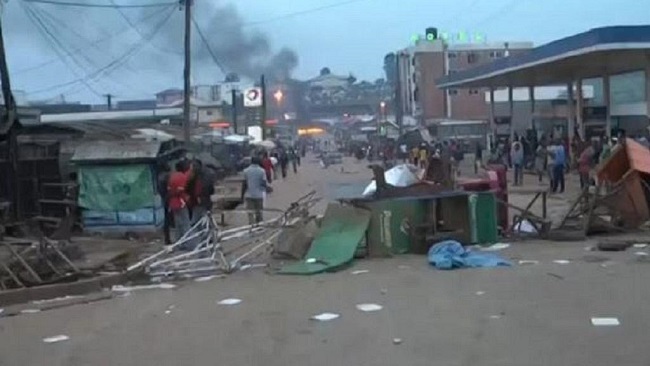

















6, March 2018
The internet, slow and sketchy, is back in Southern Cameroons—for now 0
The internet, still slow and inaccessible to many, has been restored in Cameroon’s Anglophone regions, sources and digital rights groups say.
Access Now, a global advocacy group that has been pushing leaders to stop disrupting the internet under the #KeepItOn campaign, confirmed the internet was back as of Thursday (Mar. 1). While social media sites were back, users continued to complain about pages uploading slowly while some websites still couldn’t be accessed without a virtual private network.
Otto Akama, who runs the Makonjo media startup in Buea the capital of the Southwest region, also said the network was “very unstable.” This was especially true, he added, for the national telecommunications service Camtel. Since it operates the country’s fiber-optic backbone, the company has a monopoly on the nation’s internet infrastructure—making it easy for them to shut down the internet or pressure other telecom operators to do so.
“It is several times slower than it used to be,” Akama, whose company uses the Camtel service and was contemplating switching to other operators, said. “We lose several hours per day waiting for pages to load.”
For over a year now, the internet in the two Southwest and Northwest Anglophone regions has either been completely off or slowed down for more than 240 days as of Feb. 28 this year. As the blackout dragged on, the country recorded one of the longest shutdowns ever on the African continent. The internet was back on for 48 hours in January for a diplomatic visit, but otherwise, it’s been off for the entire period. There are strong doubts about the permanency of the current restoration.
With mounting international pressure, Access Now and Internet Sans Frontières joined a lawsuit along with a consortium of local and regional civil society organizations, which cited violations of freedom of expression, access to information, and discrimination based on language.
But that wasn’t before businesses like internet cafes, microfinance institutions, money transfer agencies and many of the digital startups in the Silicon Mountain were deeply affected. Akama said his company lost 3,000 euros ($3,700) every month. Ayuk Etta, whose company Skylabase provides software to financial institutions, was forced to relocate some of his operations to The Gambia.
The political crisis that kickstarted the shutdown is still flaring on too, as the central government continued repressing dissent over the perceived marginalization of the English-speaking minority. Last October, Anglophone separatists declared independence for a region they called Ambazonia, leading authorities to kickstart a military crackdown. The fallout from that violent clampdown is now spiraling, leading to a refugee emergency, and escalating tensions with neighboring Nigeria.
Source: Quartz Media